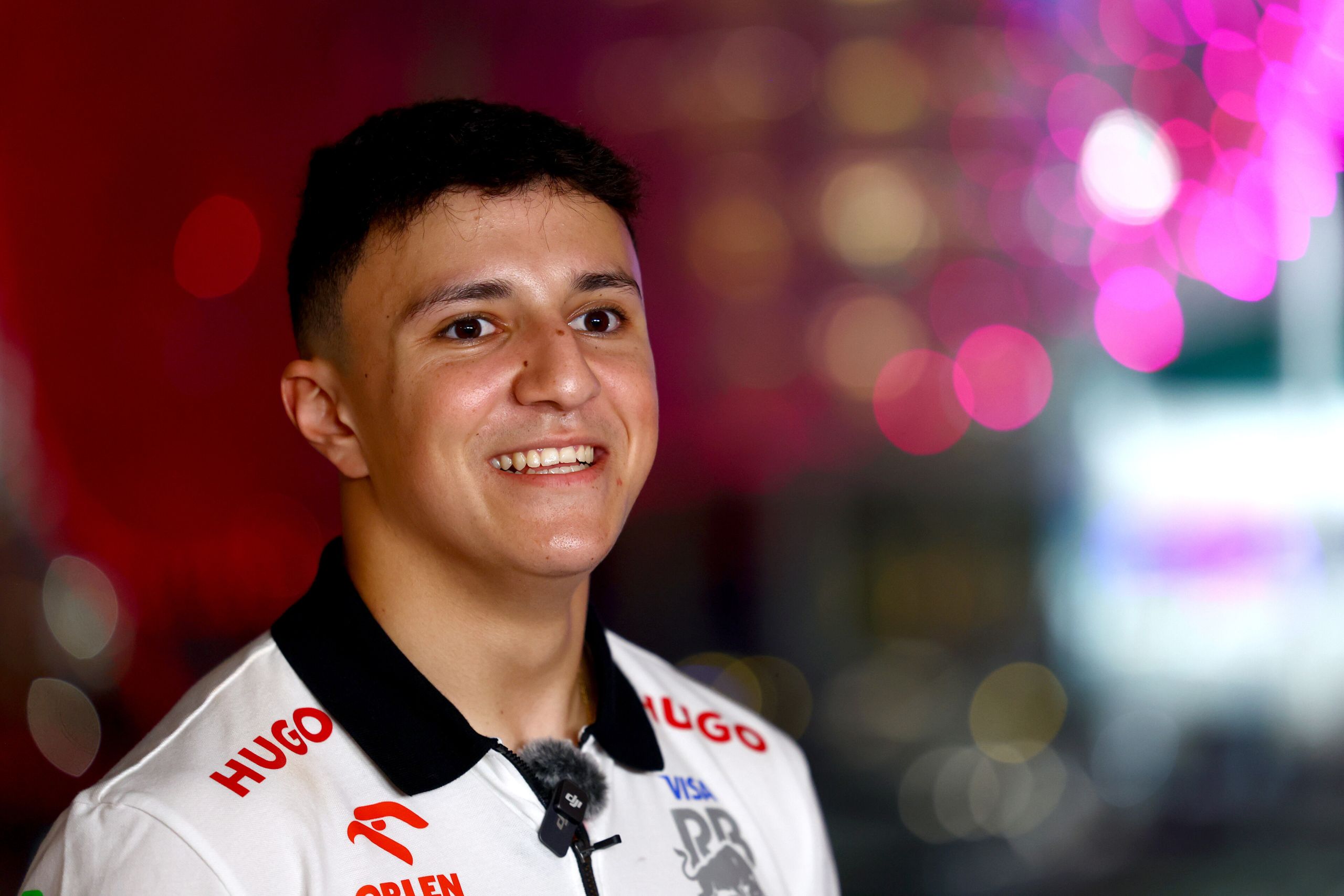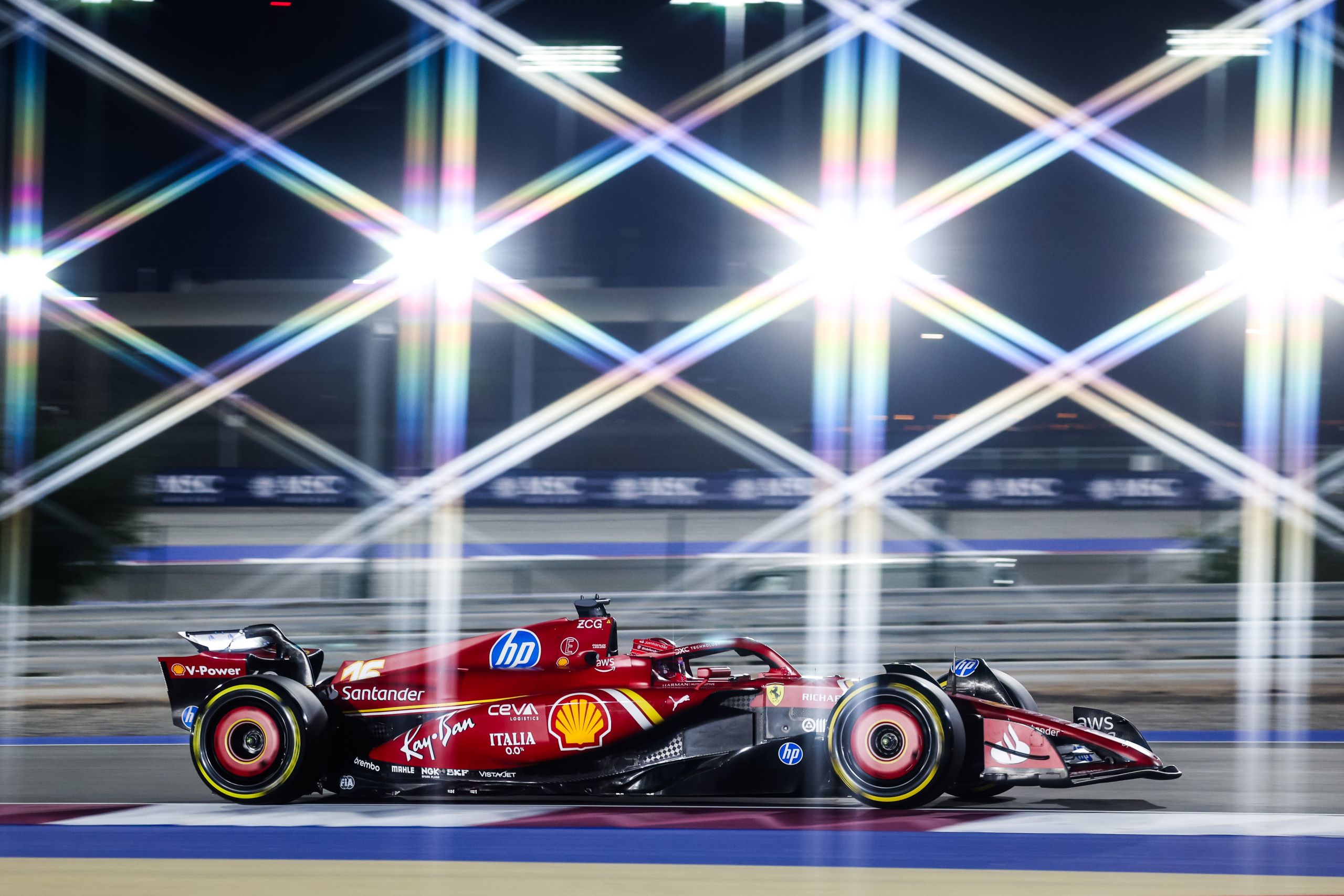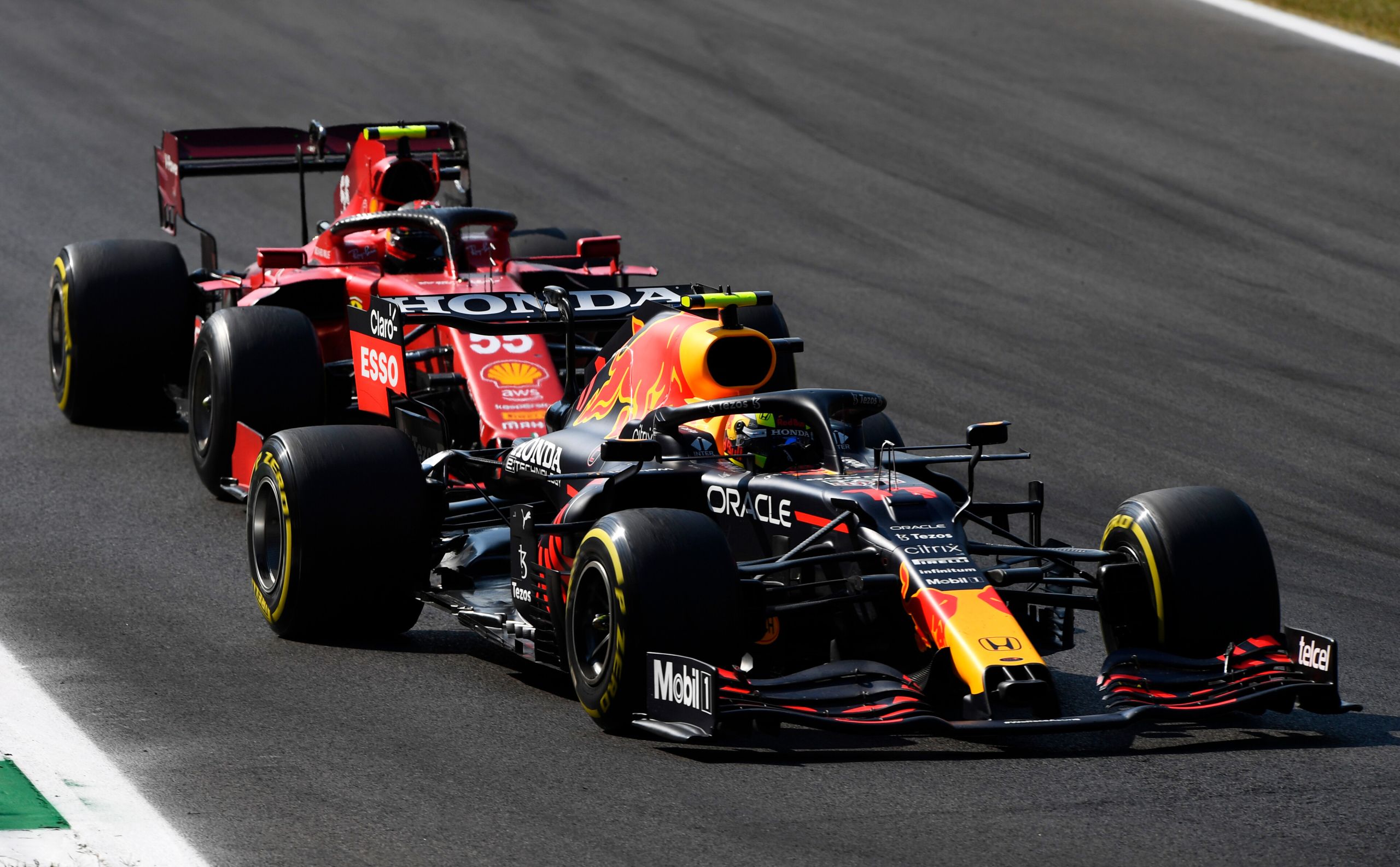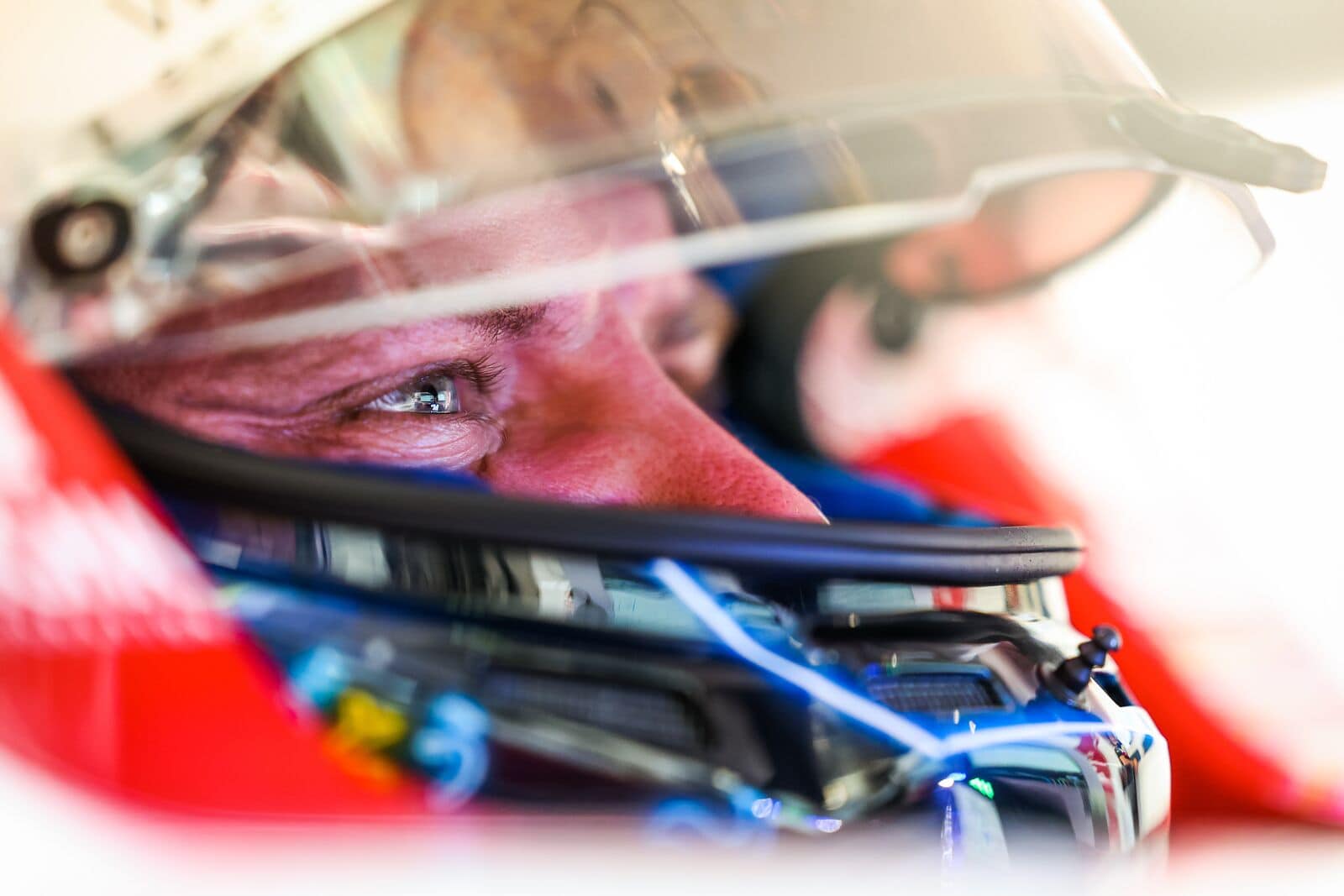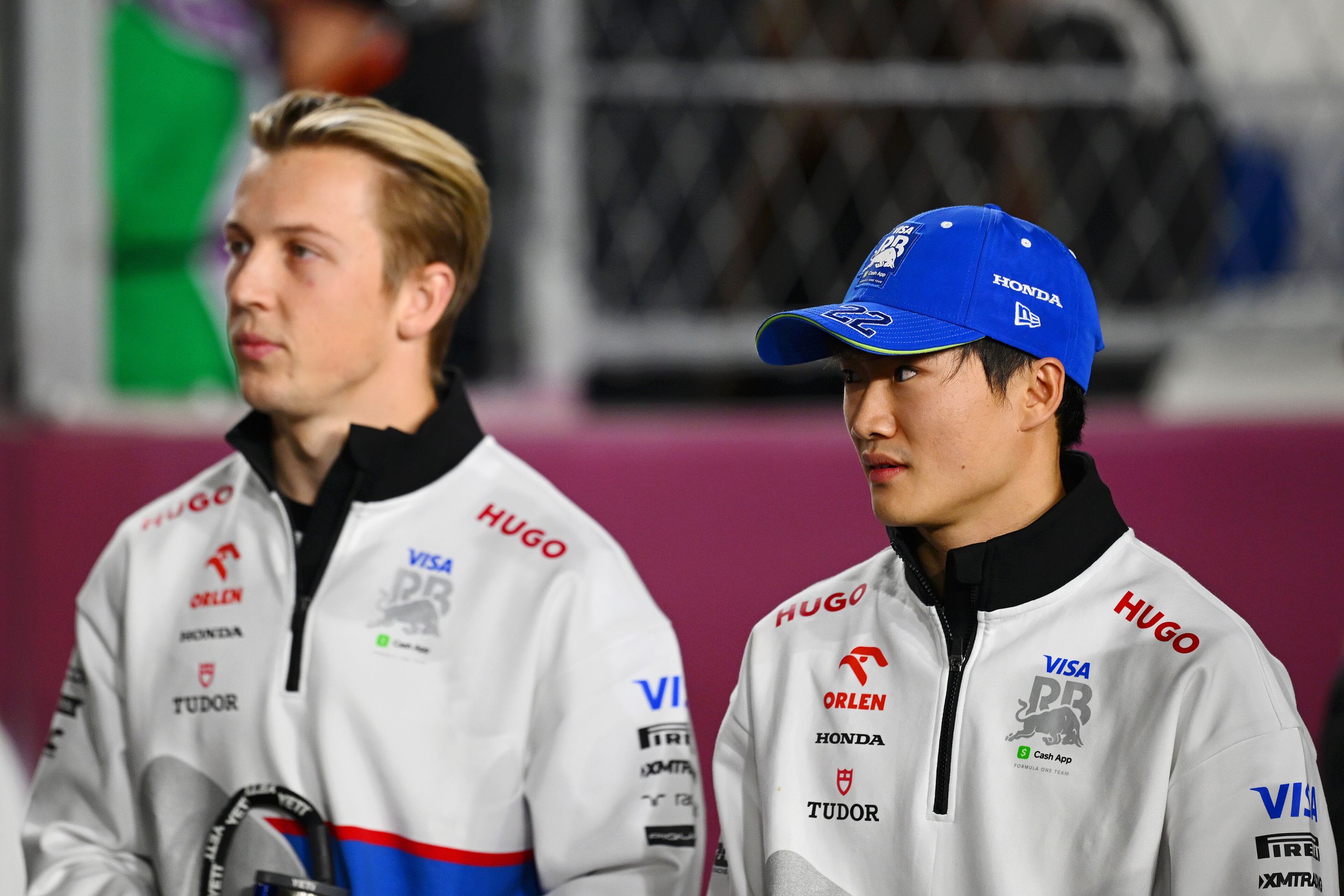Simulator Driver For Development Of Audi’s Formula 1 Power Unit Signed
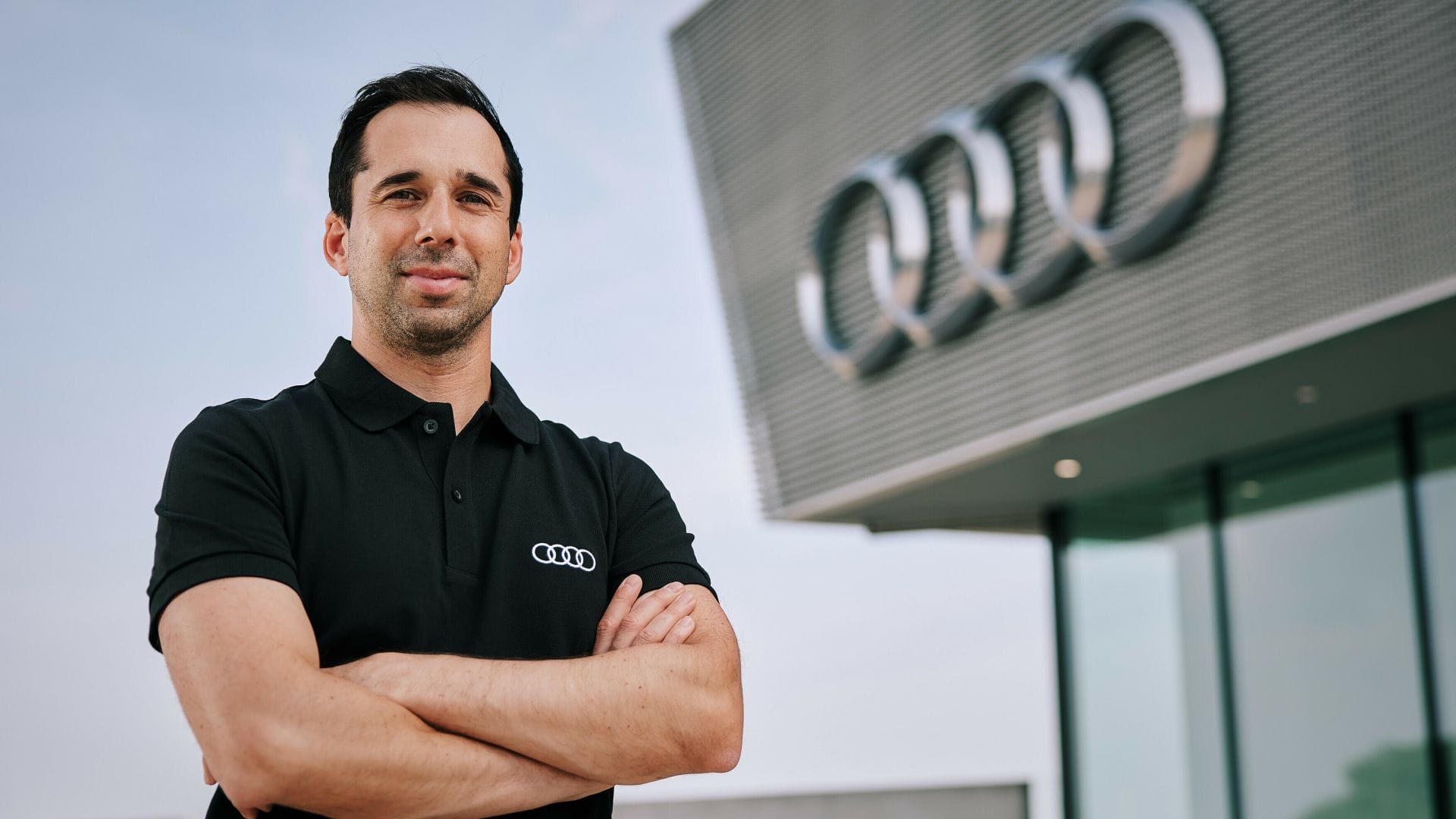
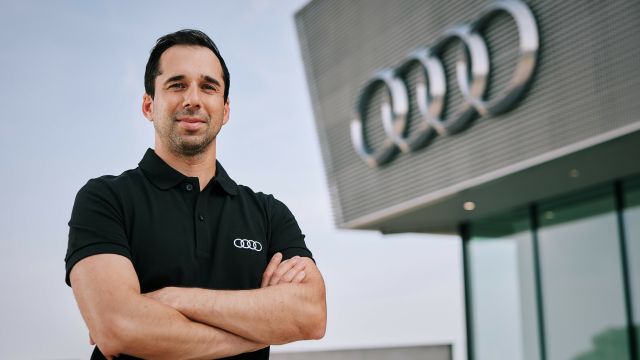
Audi is taking the next step in the development of the power unit for the Formula 1 project by signing a simulator driver. Swiss racing pro Neel Jani (39) is going to support the development of the Audi power unit with his versatile experience from various motorsport programs. An update of the dynamic driving simulator for the work on the Formula 1 hybrid powertrain is being run at the Neuburg site in parallel. In 2026, the brand with the four rings is going to enter the top category of motorsport.
“Just like in production development, simulation plays a major role in our Formula 1 project. Our simulator is an important tool for the power unit development. It requires a development driver who in addition to a grasp of technology brings versatile experience to the project, especially in terms of energy management in racing conditions,” says Oliver Hoffmann, Member of the Board of Management for Technical Development of AUDI AG.
As a former test and reserve driver at Red Bull Racing, Jani spent many hours in a Formula 1 simulator. As a race driver in endurance racing, he gathered valuable experience in a hybrid race car. As a member of the Porsche factory team, he won the FIA World Endurance Championship (WEC) in 2016 as well as the famous 24-hour race at Le Mans. “I am delighted to accompany Audi on their way into Formula 1. It is both an honor and a great responsibility to be involved in a project of this magnitude at an early stage. I am sure that with my experience from Formula 1 and LMP projects I can forge good links between theory and practice,” says the Swiss.
Since the end of 2022 testing of a one-cylinder engine has been delivering valuable results for the development of the power unit. The continuing concept phase is laying the performance-related groundwork of the power unit for 2026 when the new regulations provide for increasing electrification. The electric motor (MGU-K) will then deliver nearly the same output as the internal combustion engine. The highly efficient 1.6-liter turbo engines are powered by sustainable synthetic fuel.
“At the moment, we are mainly focused on fundamental concept questions with high relevance to performance. However, in evaluating various technical solutions we rely not only on digital methods. Know-how, experience and practically relevant development are indispensable elements of drawing the right conclusions from the simulation. With that combination, we can assess various operating strategies at an early stage and pave the way for efficient energy management of the power unit,” says Adam Baker, CEO of Audi Formula Racing GmbH.
The first hybrid power unit consisting of the internal combustion engine, electric motor, battery and control electronics is planned to be run on the dyno before the year is out and provide the basis for the future vehicle concept. Thanks to open competition, Formula 1 serves as a technology driver for both electromobility and sustainable e-fuels.

